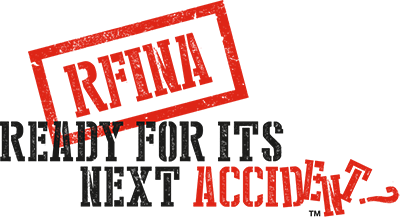Working To The Numbers Or Working For The Car And The Owner
In the collision repair industry, many participants are always paying close attention to the numbers that insurance companies use to rank repair facilities. The insurance companies who still drive the repair process must have numbers and data to see what is happening, and the repairers are constantly asking about these numbers and trying hard to meet them.
The problem here is that meeting these numbers is seen as the primary objective of their work. If quality repairs come from these numbers, then all the better—but many operators do not start from the quality repair position. Unfortunately, there is some validity to this position because safety is not well measured by the numbers currently used.
The idea that good numbers will fall naturally from good work is not widely accepted. But it is accepted by progressive operators.
It takes some effort and innovative procedures, but if the first priority is to do the work right in all aspects, including real attention to safety, the numbers will take care of themselves. Most importantly the car and customer have been treated with the respect they deserve.
